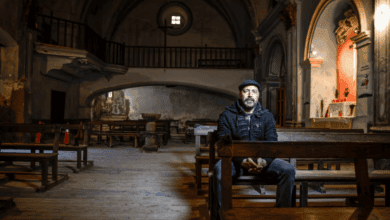
In 2025, the Andalusian government unveiled a new regional budget that immediately became the center of public attention. Despite the announced increase in total healthcare funding, the largest public hospitals in the region are set to face staff spending cuts of 91 million euros. This decision sparked outrage among unions, opposition parties, and the medical community.
Public and professional response
While authorities boast record investments in the healthcare system, representatives of medical organizations and unions point out contradictions between official statements and actual actions. According to them, the budget increase does not translate into better working conditions or improved quality of medical care. The cuts affect not only new positions but also temporary replacements for vacations, sick leave, and retiring employees. As a result, the workload on remaining staff increases, while patients face longer wait times and declining service quality.
In response to these changes, mass protests are taking place across Andalusia. Doctors, nurses, and everyday citizens are taking to the streets, demanding a revision of these decisions and the preservation of accessible, quality healthcare for all. The situation is felt especially acutely during the summer, when the need for staff replacements traditionally rises, and resources become limited.
Questions over funding allocation
Many experts are questioning where the additional funds are being directed if spending on personnel is being cut. Authorities claim that part of the budget is being reallocated to infrastructure projects and support for the private sector. However, critics argue that this policy leads to the further weakening of public healthcare and a rise in social inequality. In their view, staff reductions will inevitably affect the accessibility and quality of medical services, especially for those who cannot afford private treatment.
Unions point out that despite the formal increase in staff numbers, the system’s real needs are still unmet. New hires often fail to make up for job losses due to layoffs and do not fill the shortage of specialists in key areas. As a result, activists say the region’s healthcare system is teetering on the brink of collapse, and public trust in government services continues to erode.
Outlook and concerns
Amid ongoing protests and growing discontent, the authorities in Andalucía are being forced to seek compromises. However, the solutions proposed by regional leaders so far do not satisfy either the medical community or ordinary residents. Many fear that further cuts in personnel spending will lead to an even greater exodus of professionals and a worsening situation in public hospitals.
Ahead lie new rounds of negotiations, discussions, and possibly a review of the budget’s contentious articles. But it’s already clear: the issue of healthcare funding in Andalucía has become one of the hottest topics of the year, and its consequences will be felt by thousands of local residents.











